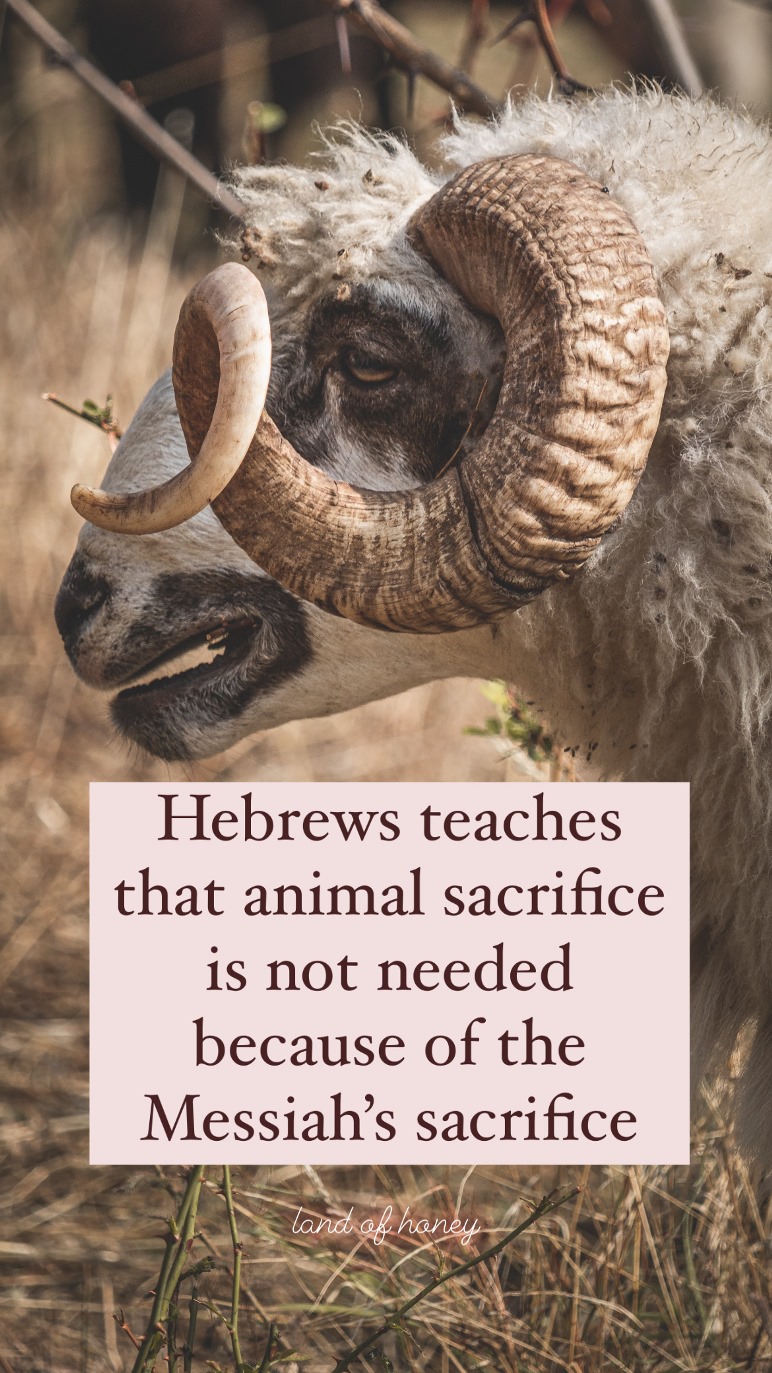.JPG)
Five Ways to Have a More Peaceful Sabbath:
1. Leave the mail in the box. You know what is not restful? I'd say going through the mail, opening up bills, sorting out junk mail, getting notices that you need to schedule a dentist appointment, etc. Almost every time I open up the mail it gives me something to do. Let the mail stay in the box for an extra day so that this doesn't interfere with your Sabbath peace. The same goes for email.
2. Switch off the wifi. I probably don't need to tell you that most people are addicted to their smart phone. Picking up the phone to check the time can all too easily lead into scrolling away the next twenty minutes (or more!) of the precious day of rest. And what does browsing social media add to your life or day? Possibly frustration with someone, probably comparison of yourself to others, and maybe a to-do list of cute projects. I think the Sabbath was intended to be more restful and joyful than what our phones can offer. Switching off the phone entirely might not be a reasonable option for you, but not having wifi on can be good incentive to stay off of your phone, and be present where you are. Some doctors believe that turning off the wifi can be more restful and healthful for your body as well.
3. Find a peaceful place. By no means does the house need to be perfect in order for you rest on the Sabbath, but if resting in the midst of a mess is hard, consider where you'll spend the day. That could mean making it a point to stay out of the messy kitchen, or hanging out in the seldom-used guestroom. Spend time on the patio or relax with a hot bath. If it's nice out you could spend the Sabbath day at the lake, a nearby playground, or a park.
4. Don't cook. While I normally have a solid plan in place for Sabbath lunch, can I just say that I haven't had a dinner plan for Saturday night ever? I try to cook enough throughout the week to have leftovers and I make it a point to stock easy snacks, as I shared in this post. And while it doesn't usually make for an Instagram worthy meal it works out just fine. We eat leftovers or something that takes five minutes or less to put together (like quesadillas or salad), and it's not a hassle. There's no need to spend your Sabbath in the kitchen or to overwork yourself beforehand with making an elaborate meal. Simple foods really work out.
5. Make a list. Snuggled up on the couch, I'm cozy under a blanket and have a cup of tea ready to enjoy. I have read three verses of Scripture and then I remember something to do. I find myself rereading the same passages as I'm distracted by thoughts like: I need to order a gift for the baby shower. I should make enchiladas for dinner this week. Oh yeah, I need to return that library book. Maybe you've been there, where you are kept from engaging in rest on the Sabbath because it's hard to switch off the to-do list. Keep a pen and paper nearby, and when one of those things comes up you can write it down and be done with it. I know this doesn't sound like it should work but it really does! Once you've written it down you know that you'll remember it, so your brain isn't focused on reminding you of what you need to do. Go back to your book now!
.JPG)
Other ideas for Sabbath rest:
Five Ways to Honor Shabbat
20 Tips to Simplify Shabbat Prep
Encouragement for the New Shabbat Keeper
Five Things I Love About the Sabbath
.JPG)























.jpg)
.jpg)





